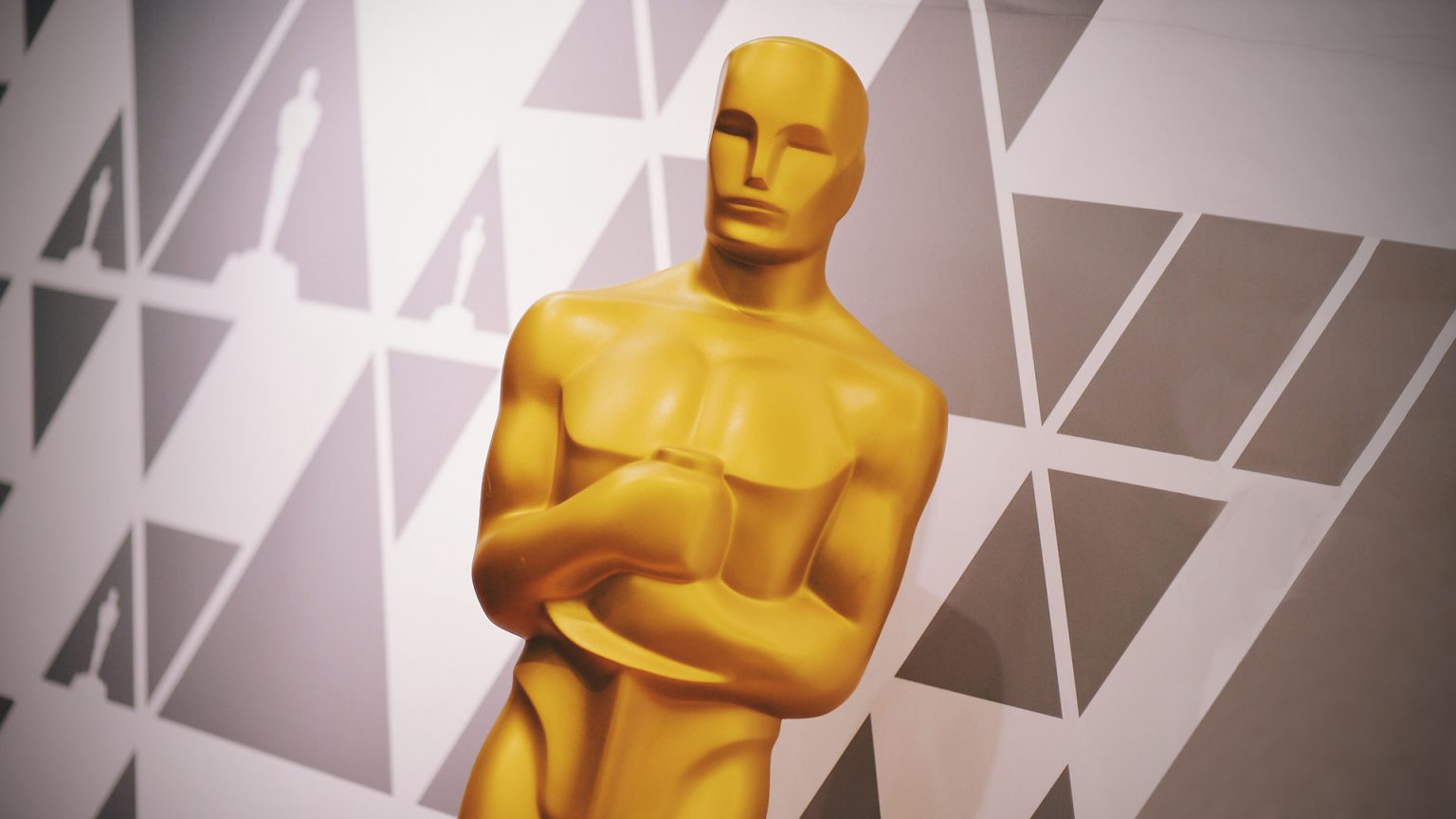45 seconds to speak. 45 seconds to deliver a message. That’s how much time a winner at the podium has. Many Americans watch the Academy Awards to celebrate cinema or enjoy the red carpet and glamor. But whether or not they like it, some celebrities will take the opportunity to make a political statement on stage. With millions watching, the 45 seconds an Oscar winner has to make their acceptance speech is as good as the gold statue in their hands. Activism and politics are not new to the Academy Awards. Oscar winners like filmmaker Michael Moore and actor Leonardo DiCaprio have both used their acceptance speeches to raise awareness for causes they support. But these are men speaking. In the age of #TimesUp, this year should be the time for women to receive the recognition that’s long overdue and to use the stage to bring attention to activist causes.
The #TimesUp and #MeToo movements at the Golden Globes might be a preamble to the activism at the Oscars. After the revelations of mass sexual misconduct within the film industry and the emergence of testimonies by victims, there has been a more urgent need to heed women’s voices. At this year’s Golden Globes, actresses wore black in solitary, and Natalie Portman, as a presenter for best director, threw some sly shade by announcing, “here are the all-male nominees,” for the Best Director category, much to the amusement of social media. Having the podium is one of the most potent ways to raise awareness of issues and to make an impact on the people watching at home.
When you think of a feminist Oscar moment, one that might first come to mind is Patricia Arquette’s speech on equal wages for women in 2014 when she accepted the award for Best Supporting Actress for her performance in Boyhood. Although her words elicited cheers, critics of the speech tried to discredit Arquette for failing to be inclusive. When Arquette did a backstage interview, she added, “that it was time for…all the gay people and all the people of color that we’ve all fought for to fight for us now.” Megan Kearns of Bitch magazine was among those who criticized Arquette, writing that “Arquette excludes women of color and queer women with her statement.”
While Arquette’s speech was far from ideal, these criticisms reflect the dialogue needed to expand the Oscars’ inclusiveness and reduce the #OscarsSoWhite mindset.
Regarding intersectionality, one of the earliest and most famous feminist moments at the Oscars was, ironically, impelled by the win for Best Actor. To protest the representation of Indigenous Americans on film at the 45th Academy Awards ceremony in 1973, Marlon Brando declined his win for Best Actor for his role as Vito in The Godfather. Coordinating with the American Indian Movement, he sent Sacheen Littlefeather on his behalf. In traditional Apache dress, Littlefeather stepped up to the stage and refused the golden statue. To the crowd, she spoke, “When Indian children watch television, and they watch films, and when they see their race depicted as they are in films, their minds become injured in ways we can never know.” She attracted a mix of applause and boos. Despite the precarious crowd reception, Littlefeather’s words inspired actress Jada Pinkett Smith to boycott the 2016 Academy Awards in response to the lack of nominations for people of color. With the invisibility of Native Americans’ experiences onscreen and the oversexualizing of Native American women, Littlefeather’s words still resonate in modern Hollywood, reminding us all that it, and society, have a long way to go for inclusion and fair treatment of women of color.
Time will tell which winning ladies will have a speech ready to condemn Hollywood’s bias and inequality. Women like Littlefeather made it loud and clear to millions: The filmmaking community must evolve from normalizing assault and inequality. While politics might get a varied reception from critics and the audience, the progress won’t stop at the 90th Academy Awards. Let’s see what the winning women will inspire this year.




